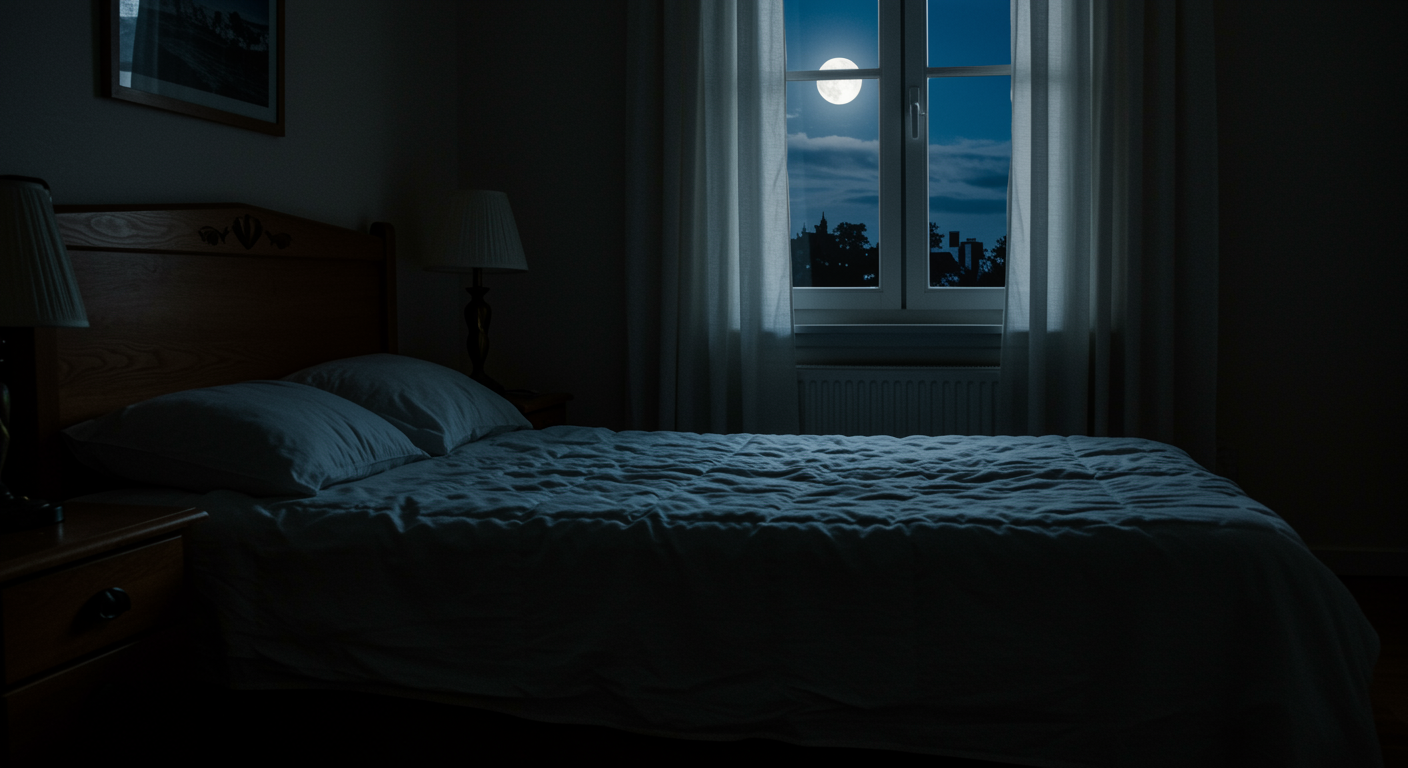Why Does Menopause Wreck Your Sleep?
Hormonal fluctuations during perimenopause and menopause disrupt multiple sleep mechanisms, affecting up to 60% of women. Declining estrogen reduces REM sleep and increases sleep fragmentation, while progesterone loss eliminates its natural sedating effects. Hot flashes, anxiety, and mood changes create a perfect storm of sleep disruption that often persists for years without proper treatment.
Dr. Kumar’s Take
Sleep disruption is one of the most underrecognized and undertreated aspects of the menopausal transition. Women often suffer for years, trying ineffective sleep hygiene tips or becoming dependent on sleeping medications, when the real solution is addressing the underlying hormonal changes. Quality sleep is not a luxury during menopause; it’s essential for cognitive function, mood stability, and long-term health. Hormone therapy can be transformative for sleep quality in ways that no sleeping pill can match.
What the Research Shows
Studies consistently show that menopausal women experience increased sleep latency (time to fall asleep), more frequent awakenings, reduced sleep efficiency, and decreased REM sleep. Hot flashes are responsible for about 30% of sleep disturbances, but hormonal effects on sleep architecture account for much of the remaining disruption. Sleep problems often begin during perimenopause when hormone levels are fluctuating wildly, not just after menopause when they’re consistently low.
How This Works (Biological Rationale)
Estrogen influences sleep through multiple pathways. It affects thermoregulation (temperature control), which is crucial for sleep initiation and maintenance. Estrogen also modulates neurotransmitters like serotonin and GABA that promote sleep. Progesterone has direct sedating effects through its metabolite allopregnanolone, which acts on GABA receptors. When these hormones decline or fluctuate dramatically during perimenopause, the entire sleep system becomes dysregulated. Additionally, declining estrogen increases the risk of sleep apnea and restless leg syndrome.
Practical Takeaways
- Recognize that sleep problems during perimenopause and menopause are primarily hormonal, not just behavioral
- Consider hormone therapy as a first-line treatment for menopausal sleep disturbances rather than relying solely on sleep medications
- Address hot flashes aggressively, as they’re responsible for about one-third of sleep disruptions
- Understand that sleep hygiene alone is rarely sufficient when hormonal changes are the primary driver
- Seek evaluation for sleep apnea, which becomes more common after menopause due to hormonal changes
- Know that cognitive behavioral therapy for insomnia (CBT-I) can be helpful as an adjunct to hormonal treatment
What This Means for Perimenopause and Menopause Care
Sleep disruption is often the first and most debilitating symptom of the menopausal transition, yet it’s frequently dismissed or inadequately treated. Understanding that poor sleep during this time is primarily hormonal validates women’s experiences and points toward effective solutions. This aligns with the message that women deserve comprehensive care that addresses the root causes of their symptoms, not just band-aid approaches that ignore the underlying hormonal changes.
Related Studies and Research
Association of Menopausal Hormone Therapy With Breast Cancer Incidence and Mortality
Episode 31: Depression Explained — The Biology Behind the Darkness
Episode 32: Depression Recovery Roadmap: A Step-by-Step, Evidence-Based Plan
Perimenopausal depression: review of recent findings and implications for future research
Episode 27: Perimenopause, Menopause, and HRT - What Every Woman Should Know
FAQs
Will hormone therapy help my sleep problems?
Yes, hormone therapy often dramatically improves sleep quality by addressing the underlying hormonal causes. Many women report better sleep as one of the first and most noticeable benefits of treatment.
Are sleeping pills a good long-term solution for menopausal insomnia?
Sleeping pills don’t address the hormonal root cause and can lead to dependence. They’re best used short-term while addressing underlying hormonal changes with appropriate therapy.
Can sleep problems start during perimenopause before periods stop?
Absolutely. Sleep disruption often begins during perimenopause when hormones are fluctuating wildly, sometimes years before periods actually stop.
Bottom Line
Sleep disturbances during menopause are primarily hormonal, not behavioral, and deserve treatment that addresses the root cause. While sleep hygiene and medications may provide some relief, hormone therapy often offers the most comprehensive solution by restoring the hormonal balance necessary for quality sleep.


